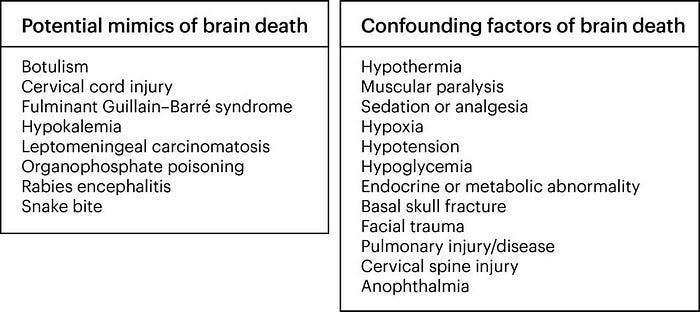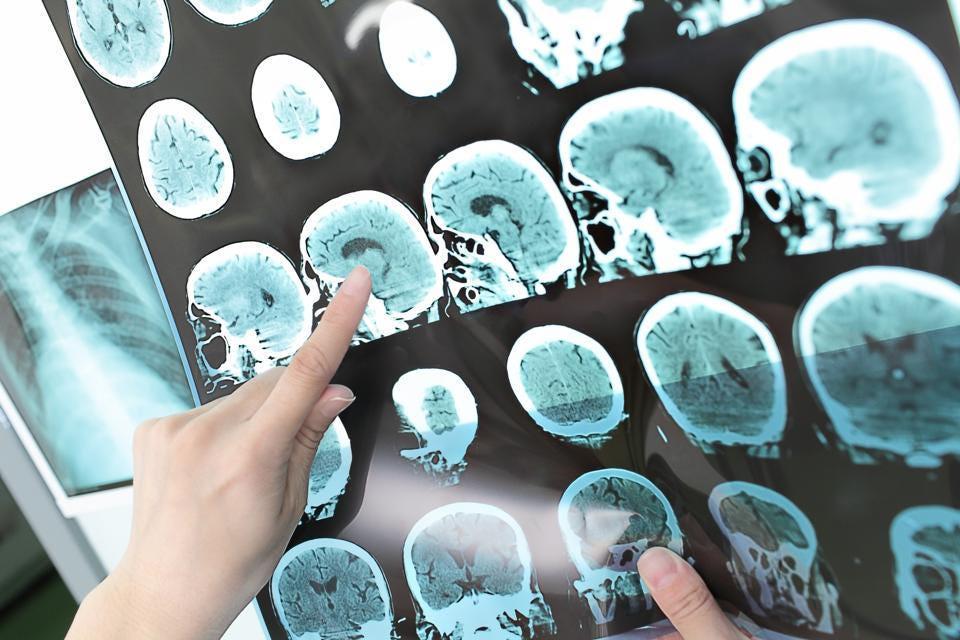Rachel Nuwer wrote an iconic article in an article published in the MIT of the MIT of the Massachusetts Institute of Technology yesterday to discuss the boundaries between life and death. It turns out that the more scientific learning, the long -term concepts about death seem to be lower than the solid foothold. Death is challenged by emerging scientific opinions as the concept of binary state ("alive" or "death"). In her article, Nuwer discusses how our understanding of death has changed from static events to a dynamic process, which has an important impact on medical practice and social views of life.
The traditional death point of death is consistent with the symbol of sudden stopping important functions, resulting in the "death" announced by doctors at all times as excessive simplification. Many laboratory studies have shown that death is not a moment, but a process. In some cases, this is a reversible process. This new point of view depends on the ability of the human body to withstand oxygen consumption, which indicates that the timetable of the timetable of medical intervention to reverse death may be longer than the previous imagination. This transition into the possibility of expansion organ recovery and recovery.
Historically, the definition of death of law and biology is concentrated in the irreversible stop of the heart, lung and brain function. The invention of CPR in the 1960s and the introduction of mechanical ventilator completely changed these concepts. These progress distinguishes the temporary and permanent loss of physical function, which has led to the awareness of cardiac arrest and brain death.
However, defining the complexity of death, especially in the brain activity, is still an area where active research and even debate . In order to promote the consistency of brain death standards, whether the consistency of brain death standards between different institutions within a country and different countries, the world's brain death projects have proposed the minimum requirements for brain death and death related to neurological standards.

Recent research has challenged people that the brain often believes that the brain is deprived of highly sensitive and fragile beliefs. In a study published in "Famous Magazine" , scientists can restore some key brain function of the pig brain a few hours after their death. These findings show that the brain and other organs may have greater deoxidation capacity than before. Human research also shows that in the state of death, brain activity may continue to surge , indicating that the resistance to oxygen deprivation is also more resistant to humans.
These insights and their issues are not only academic or philosophical, but also the practical meaning of practical consequences. More accurately understanding the dying process may bring better rescue work and change medical solutions and practice, so as to save life that is lost due to medical knowledge or resource restrictions. For example, through advanced medical intervention, victims who have severe blood loss or suffocation may better revive.
In addition to the brain and brain death itself, related work is also studying and trying to develop technologies that are used to restore many organs after death, including the heart and kidneys, which can greatly enhance organ donation capabilities.
Although these situations are promising, researchers keep in mind not to plan too much. These medical progress channels are years of research and moral considerations. Exploration of the dying process will definitely challenge the science and medical field, and it will also challenge society, theology, and legal considerations, because it reshapes our understanding of one of the deepest phenomena in life. At some point, policies and regulations will need to follow-further increase the complexity of the theme.
With the complexity of scientific research that was unknown or the physiological and reversibleness of the dying process before, the transition from life to death became more and more blurred. This continuous development understanding is expected to redefine medical practice, expand the window of organ recovery, and challenge our social concepts of life and death. However, this is a real journey. In a sense, science and its meanings must inevitably involve continuous research, morality and legal considerations, and demand for actual expectations. Although death is a common experience, what it is, how we change from life to dying, it is static.
This article was originally published on Forbes.com . You can view other works written by the author in Forbes here .
